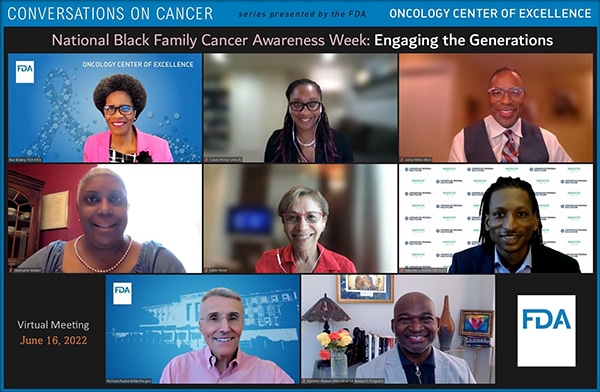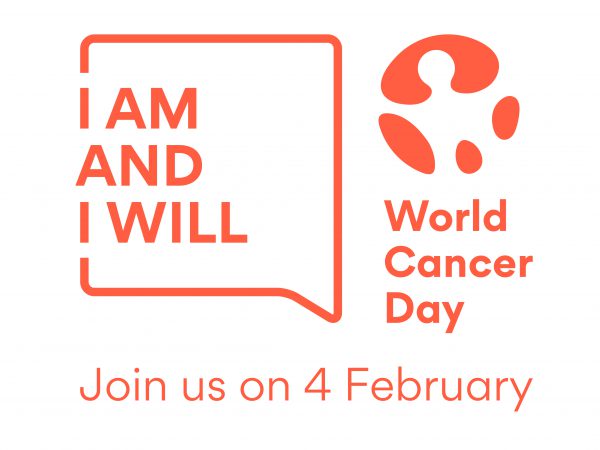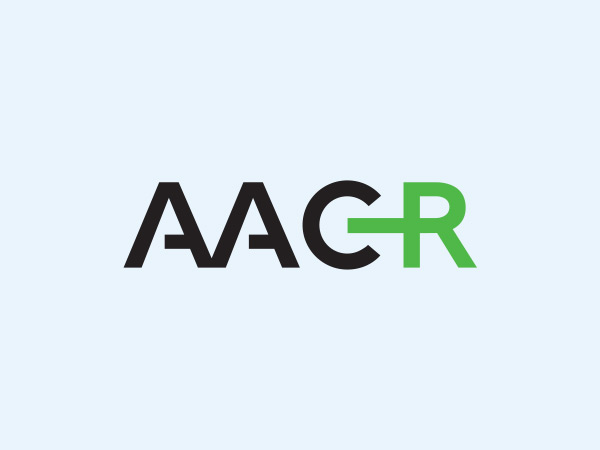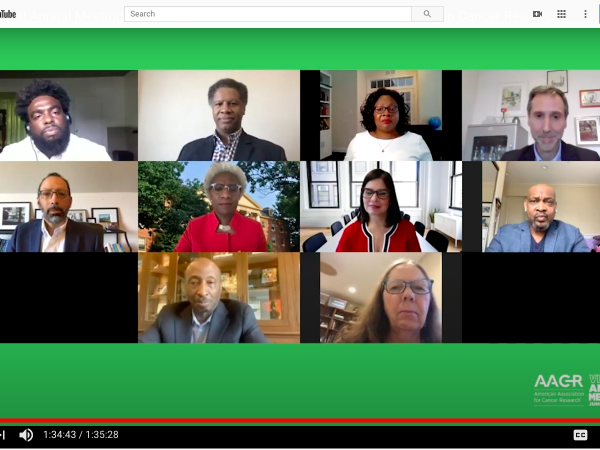Starting the Conversation: Panel Discusses National Black Family Cancer Awareness Week
Karriem Watson is a public health expert serving as chief engagement officer of the National Institutes of Health’s All of Us Research Program. With a Doctor of Health Science degree and two master’s degrees, he’s confident in medical settings.
His experience didn’t prevent him from feeling vulnerable when his mother was diagnosed with lung cancer. But it may have enabled his mother to get more sophisticated health care.
“I requested that they do genetic testing of her tumor,” he said. “But everybody should have that option. You shouldn’t have to have a son who’s a doctor to raise important questions about care.”
On Thursday, Watson participated in a public panel discussion titled “Conversations on Cancer: National Black Family Cancer Awareness Week, Engaging the Generations.” The panel was convened by the U.S. Food and Drug Administration (FDA) Oncology Center of Excellence (OCE) as part National Black Family Cancer Awareness Week, taking place from June 16-22.

As documented in the AACR Cancer Disparities Progress Report 2022, Black Americans experience worse outcomes from multiple types of cancer. Black women are 40 percent more likely to die of breast cancer than white women, despite experiencing lower incidence of the disease. Black men are twice as likely to die of prostate cancer as white men. There are multiple gaps in receipt of screening, which often leads to Black patients being diagnosed with more advanced cancer.
Rea Blakey, associate director for external outreach and engagement at the OCE, explained that National Black Family Cancer Awareness Week was launched as part of an effort to encourage Black Americans to draw on family conversations to improve their awareness of family history and to support each other in undergoing cancer screening and other preventive behavior.
“It’s important that we talk to our families,” she said. “Influence can come in many shapes and forms, and these conversations can help us increase awareness as we work to decrease cancer disparities and increase cancer equity.”
Calais Prince, PhD, associate director of science and health policy in the AACR’s Office of Science Policy and Government Affairs, agreed on the importance of family in making sure that patients from underserved populations receive the best possible care.
“If you can’t be your own advocate, then usually, someone in your family can. They can lead the way on difficult conversations that we sometimes shy away from,” she said.
Robert Califf, MD, FDA Commissioner, noted that the week encompasses Juneteenth, the annual commemoration of the end of slavery in the United States. “This is what we mean when we say, ‘Engage the generations.’ We want you to talk with family members about familial cancer histories. I hope you will do this during this week and throughout your Juneteenth celebrations.”
Engaging Black patients throughout their cancer care
Thursday’s panel covered a wide range of issues that have contributed to worse outcomes for Blacks diagnosed with cancer. Stephanie Walker, a longtime nurse, was diagnosed with metastatic breast cancer in 2015. Despite her familiarity with health care, she was never offered the opportunity to participate in a clinical trial. Her disease has been under control thanks to the hormone therapy she was initially prescribed, but through the course of her illness, she has become a passionate advocate for getting more Black women into clinical trials.
Walker joined the Metastatic Breast Cancer Alliance, and with fellow patient advocates, recently presented results of a study called the BECOME Research Project. (BECOME stands for Black Experience of Clinical Trials and Opportunities for Meaningful Engagement.) The study showed that only 40 percent of Black survey respondents were ever offered a clinical trial. However, 80 percent said they would consider joining a trial if it was offered.
Nationally, about 4 to 6 percent of patients in cancer clinical trials are Black, while about 15 percent of U.S. cancer patients are Black. A new effort to increase representation of racial and ethnic minority groups was revealed on Thursday, as Janssen Pharmaceutical Companies announced a $5 million sponsorship of a Health Equity Initiative led by Stand Up To Cancer. The AACR is the Scientific Partner of Stand Up To Cancer.
Panelist Edith Perez, MD, chair of the Health Equity Committee and vice chair of the Scientific Advisory Committee at Stand Up To Cancer, explained, “The program is called the Diversity in Early Development Clinical Trials Program, and it’s aimed at removing barriers to clinical trial participation, and getting more minorities into phase I and phase II trials.”
Richard Pazdur, MD, Center Director of the OCE, praised the initiative. “We have been a strong advocate that diversity in clinical trials must happen at the very beginning,” he said, noting that early-stage trials establish important standards such as dosing, and can be instrumental in getting effective treatments to underserved patients.
Conversations with the community
Rev. Leroy Miles, MDiv, MA, leads more than 12,000 parishioners as associate pastor at Enon Tabernacle Baptist Church in Philadelphia. Long aware of the disproportionate toll cancer takes on Black Americans, he has launched several cancer education and screening initiatives at the church.
When developing a program to encourage more members to get screened for lung cancer, Miles knew that even the word “cancer” would scare some people away.
“We don’t even want to call it that, because that makes people balk or react negatively,” he said. “We’re trying to normalize it, so we’re calling it a ‘lung health screening.’ To establish a base of trust, the church has had health care providers conduct informational talks at the church. On Thursday, Miles led some parishioners on a visit to an imaging site where he lay on the CT machine to model a scan.
“I wanted to show them that it’s not scary and not invasive. We want them to understand that lung disease is a real issue in our community,” he said.
This isn’t Enon’s first foray into cancer screening at church. In 2020, as many Americans missed cancer screening due to shutdowns related to the COVID-19 pandemic, Enon distributed colorectal cancer screening kits during a drive-by flu vaccination clinic.
In results presented at the AACR Virtual Meeting: COVID and Cancer in February 2021, researchers shared that of 192 fecal immunochemical tests distributed at the clinic, 80 percent of the tests were returned, and 13 of them showed results possibly indicative of colorectal cancer. Those individuals were referred for follow-up colonoscopies.
Miles said these programs are part of a continuing effort to extend the progress that has been made against cancer to people in underserved communities. “The story is still to be told, but we’re off to a wonderful start,” he said.
The messenger matters
When Watson was planning his career in public health, he wanted to focus on cancer health disparities in African American men.
“I was told they were a ‘hard to reach population,’” he said. Being an African American man, he believed that was not true. As he built his career, he attended church programs and Black fraternity meetings, often with community leaders helping him establish bonds within the groups.
“When I went to engage with African American men about prostate cancer, or lung cancer, I had very little resistance, and I think it was because I was a constant presence in the communities. Community partners were alongside me, and that made a difference,” he said.
Stephen Noble, MD, FACS, a cardiothoracic surgeon and heath care leader with Live Chair Health, cited research that has shown that patients report better experiences when they are treated by health care providers of the same race.
“How do we create more empathy within health care? One way is to have the providers reflect the patient community they’re treating. When I can tell a patient, ‘I’m treating you the same way I would treat my aunt,’ that helps build trust,” he said.
The AACR is proud to support National Black Family Cancer Awareness Week. To learn more about the patient experience, see the survivor and patient stories featured in this year’s AACR Cancer Disparities Progress Report. To join the conversation on Twitter, follow the hashtag #BlackFamCan.



